MILWAUKEE—The term “conservative environmentalist” may sound like an oxymoron to some, but there were plenty of them at the Conservative Climate Reception that took place here Tuesday during the Republican National Convention. Members of conservative organizations devoted to protecting the environment and fighting climate change mingled with Republican members of the House of Representatives to celebrate their common goal: to “leave the earth better than we found it,” as repeated multiple times during the event.
“We’ve always cared deeply about the earth and leaving it better, but there was a period of time where we didn’t articulate that well, and I think that’s changing,” Rep. John Curtis of Utah, the GOP nominee to replace Mitt Romney in his state’s Senate seat, said of Republicans.
Curtis is one of the leaders of a growing environmentalist shift on the political right. In 2021, he founded the Conservative Climate Caucus in the House of Representatives, the political manifestation of a movement that believes climate change represents a serious problem, one that America must solve not by top-down progressive proposals, but through economic growth. The caucus began with 52 members and now has 83.
“Our principles are markets over mandates, innovation over regulation, and how do we find good, clean, reliable, affordable energy sources, scale up the innovation so that they’re affordable long-term in the marketplace? And so, that's using conservative philosophies with clean energy,” Luke Bolar, chief external affairs officer of ClearPath, one organization that sponsored the reception, told The Dispatch.
The movement is gaining influence in the GOP, and it has used this year’s RNC to spread its message. Speakers at the reception Tuesday, which had at least 100 attendees, included Curtis, as well as convention host committee chair Reince Priebus and Rep. Mariannette Miller-Meeks of Iowa, Curtis’ successor as head of the caucus. Delegates to the convention received in their gift bags a copy of The Conservative Environmentalist by author Benji Backer, a young leader of the right’s climate movement who founded the American Conservation Coalition, another reception sponsor.
“Our goal is to return to the conservation roots that the party once had,” Backer told The Dispatch. “We’ve kind of lost the plot on this issue. We’ve forgotten about the fact that we care about this issue so much that we should also advocate for it on the political stage.” Backer and others at the event referenced contributions Republicans made historically to the conservation movement, such as President Richard Nixon signing the law that established the Environmental Protection Agency in 1970.
While other philosophical adjustments on the right have garnered considerable coverage, such as economic, social, and foreign policy issues, the conservation movement has flown under the radar by comparison. For example, Politico published a piece Wednesday morning proclaiming that “a new kind of Republican Party is forming at the RNC.” It listed GOP evolutions on the three heavily covered issues but did not mention the climate.
A stark difference between the movers of this environmentalist movement and those of the so-called “New Right” who have changed Republican positions on economics and foreign policy, especially, is rhetoric. Absent from the conservationists’ message are denunciations of “globalists” or “elites,” like those espoused by convention speakers Monday night. Instead, much of the focus is on the reclamation of an old Republican tradition and the preservation of the planet for future generations.
“For me, it’s being a parent,” Heather Reams—who serves as the president of Citizens for Responsible Energy Solutions and chair of the Conservative Climate Foundation, two organizations that sponsored the reception—said about the motivation for her work. “I have two children, and there’s something about leaving the world better than we found it that’s very important—and the fact that it’s achievable. We can take care of the climate. We can still have a strong economy. And, quite honestly, if we’re really creating a lot of American energy, we are taking care of the climate.”
These activists also stand opposed to apocalyptic language from the left on climate change, which Backer thinks has created the apparent progressive monopoly on action against climate change. He named figures such as former Vice President Al Gore, former White House climate czar John Kerry, and Sen. Bernie Sanders.
“Gore, Kerry, and Sanders realized that they can win over a whole group of voters by being pro-environment and that the only way to outcompete the right was to be the more alarmist and toxic version of environmentalism, that the more you promoted an idea of radicalism and extremism, the more eyeballs you captured, the more fear you ignited,” Backer told The Dispatch. “And so you had all these young people who became fearful of the issue that kind of saw them as messiahs of their issues, and there was no one on the right saying that same drastic message.”
Nor are the conservative activists dogmatic about their mission as they push for their preferred policies, according to Reams.
“I remember someone saying, ‘Heather, I don’t believe that the climate is changing, but I do believe we need lots of American energy,’” she said. She’s okay with that. Meanwhile, “some of my Democratic colleagues will say, ‘No, they have to believe the climate is changing.’” Her response: “But if they’re willing to take the same vote, who cares?”
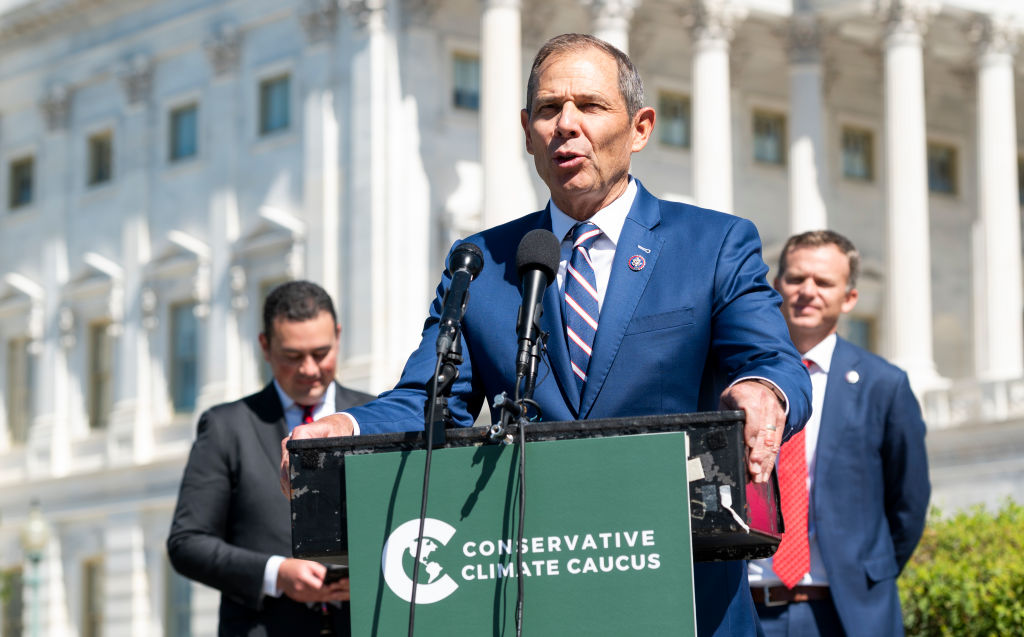

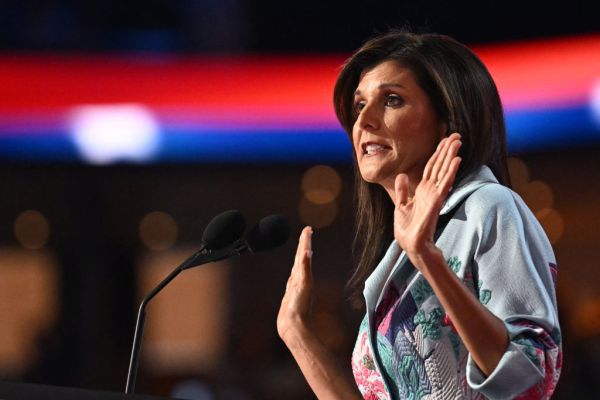
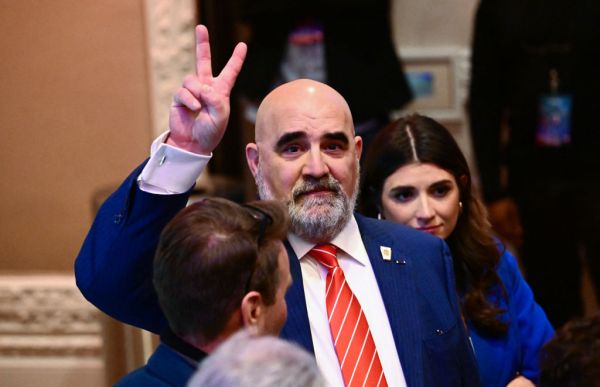
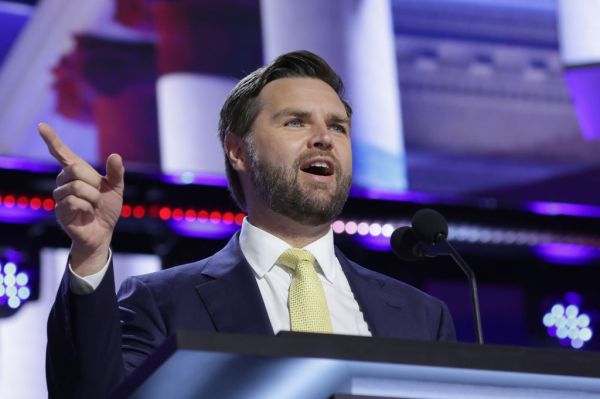

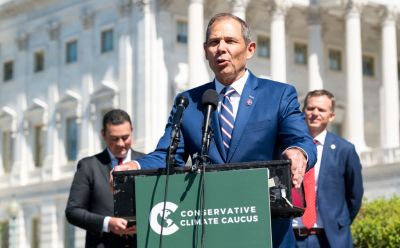
Please note that we at The Dispatch hold ourselves, our work, and our commenters to a higher standard than other places on the internet. We welcome comments that foster genuine debate or discussion—including comments critical of us or our work—but responses that include ad hominem attacks on fellow Dispatch members or are intended to stoke fear and anger may be moderated.
With your membership, you only have the ability to comment on The Morning Dispatch articles. Consider upgrading to join the conversation everywhere.